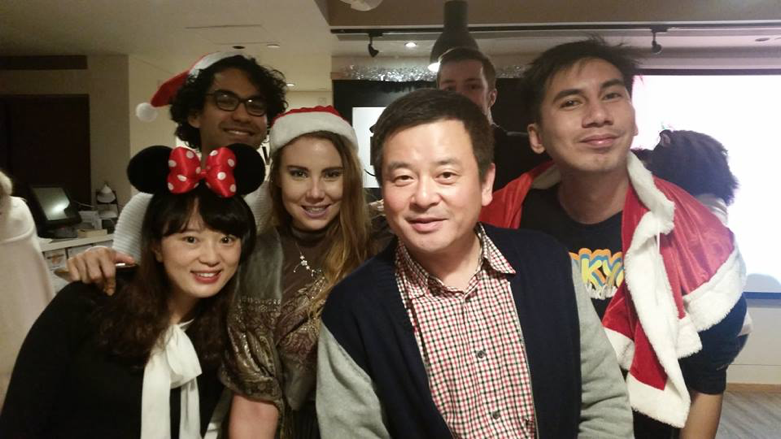When we think about spirituality, we mostly think about specific teachings or doctrines that need to be accepted. This is a common assumption among communities with traditional faiths like Catholic Spain or Islamic Indonesia. For such communities, spirituality can be a sensitive issue because it traditionally brings to mind a place of worship or scriptures, and associated rites and rituals. No doubt, this understanding continues to influence what we think of as “spiritual.”
Today, interest in spirituality is growing amidst campus life. A group of PhD researchers living in Graduate House (GH) of the University of Hong Kong (HKU) has formed a group called “Spirituality Interest Group.” The group believes that spirituality has no boundaries, because it is not only distinct from religious belief, but also applicable to every other sphere of inquiry, including commerce, politics, and the arts. The group was formed for those interested in exploring the role of spirituality in all aspects of higher education.
Since last July, I have been staying at GH and been directly involved in all the group’s activities. As a Buddhist monastic and a member of the group, I understood fully that it was made up of members from diverse religious and non-religious backgrounds. We meet regularly once a week to share our experience as we come from different countries and academic backgrounds. Our meetings enable us to understand each other as well as the world around us better. It stimulates our creativity and intellect and enriches our knowledge. In addition to meetings, we organize a special events aiming to enrich our understanding of each other.
Because religion plays an important role in our society, we also sometimes spend time discussing different religions. On 26 February last year, I was fortunate enough to be invited by Gorana Pogancev, a PhD researcher in plant molecular biology, to deliver a talk on Buddhism. It was truly inspiring to see participants from different countries and faiths coming together to learn about Buddhism. I still remember sitting in front of the group presenting the core values of Buddhism. I felt a surge of delight as I was confronted with many good questions. I was pleasantly surprised when they asked me to provide some meditation instructions for PhD students.
On 15 October, my Indian friend (who is also a PhD student) Mukesh Kumar Budhani and I celebrated Diwali or “the festival of light,” an Indian cultural and religious festival. Though it is considered to be a Hindu religious festival, our focus was to highlight how this celebration signifies the victory of light over dark and unwholesome thoughts. Many residents at GH and Indian students living outside GH joyfully welcomed one another for the festival. It was a great opportunity to build new international bonds, a key component of campus life for students living on HKU campus.
The group also hosts Christmas, Halloween, and Easter parties, movie nights, and other events. Through mutual respect, bonding, and open discussion, members are able to find unity amidst differences, enrich themselves with the wisdom of other religious traditions, and forge lifelong friendships.

